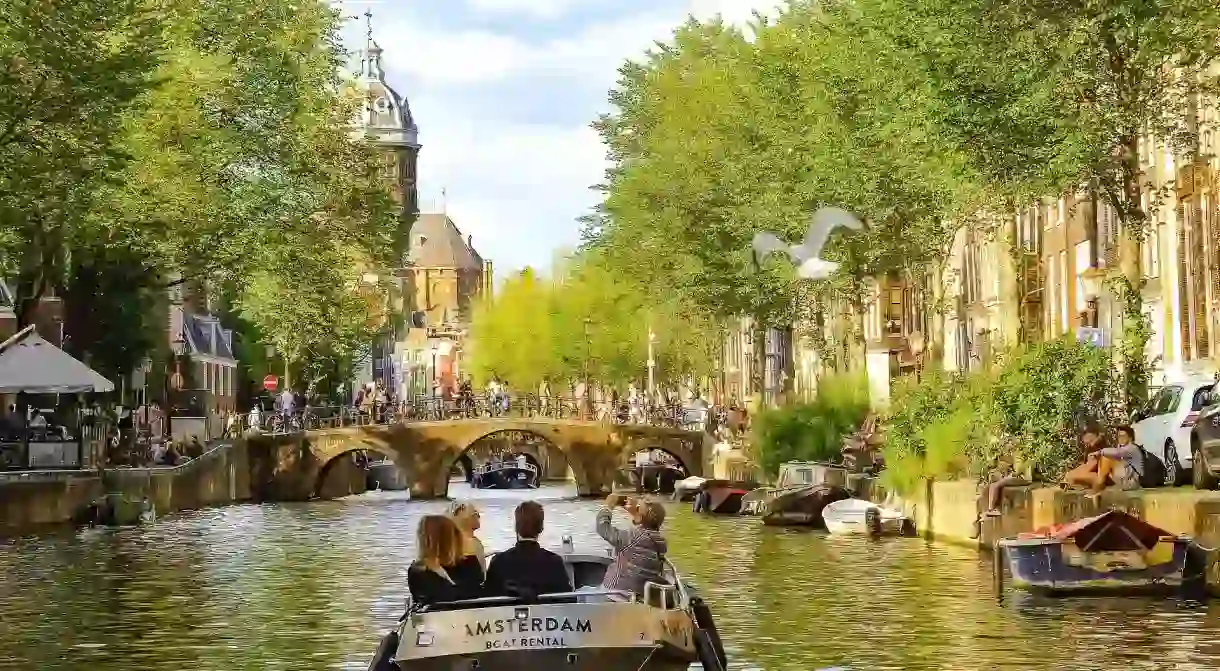Tourism in Amsterdam is About to Get Much More Expensive

Amsterdam’s local government targets budget tourism with new tax regulations in order to curb problems associated with the sector while increasing revenue inside the city.
According to recent estimates, around 17 million people visited Amsterdam during 2016. Even when this figure is divided over months, or even weeks, it still eclipses the city’s residential population which reaches to approximately 850,000 people. Amsterdam’s municipal government believes that over the next few years, the number of tourists visiting the city will continue to grow exponentially and may even arrive at 23 million within a decade.

Sources from The Guardian claim that over one quarter of these tourists stay in budget accommodation and therefore only contribute a marginal amount to the city’s economy, as these businesses tend to create considerably less money than bigger establishments. In order to generate more revenue from this type of tourism, the council plans to hike up accommodation taxes from 5% to 6% and may even create an additional cover charge that could cost guests up to €10 per night.

While higher spenders probably won’t be deterred by these prices, travellers working on a budget may think twice about staying in Amsterdam. In fact, Amsterdam’s finance councillor Udo Kock told Dutch newspaper het Parool that these plans are specifically designed to disproportionately effect low-cost tourism, as the price of budget accommodation would increase massively when compared to more expensive options.

These changes are also intended to decrease the number of people staying in overcrowded areas like the Red Light District, and Kock believes that travellers may even start to look for accommodation in less expensive cities elsewhere in the Netherlands, but nonetheless still visit Amsterdam during their time abroad.
Although these plans aren’t finalised, the council will likely start to implement regulations of this kind by 2019.













